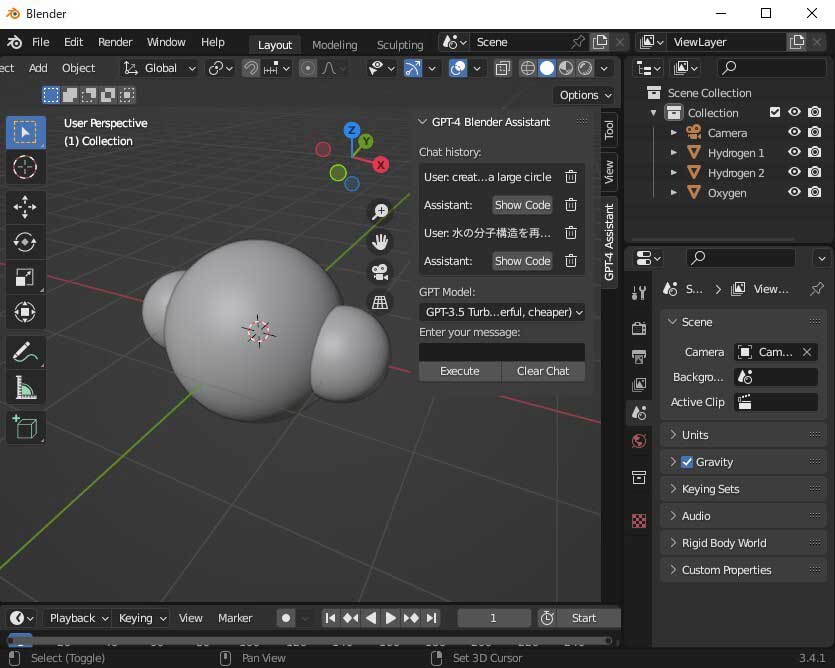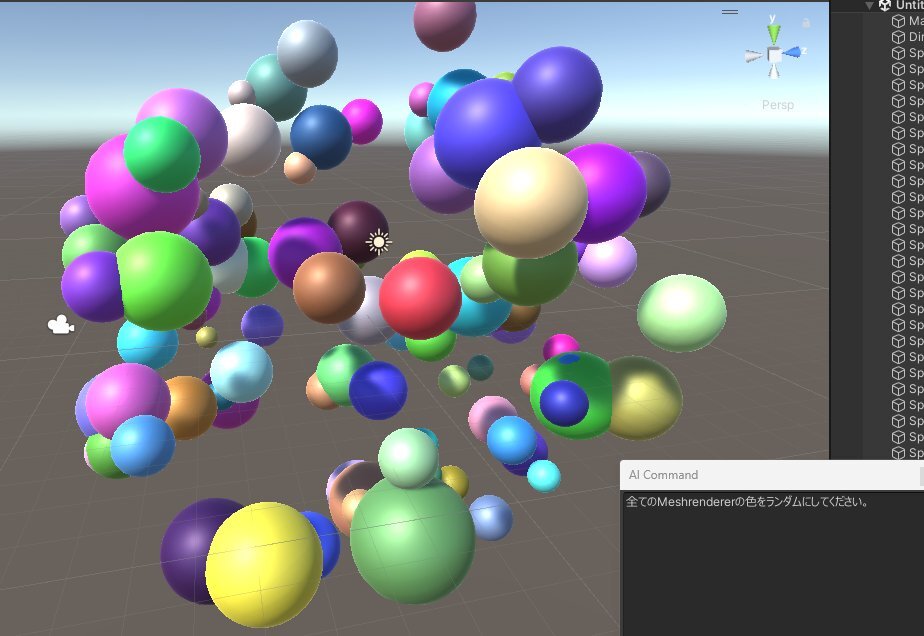In recent years, the field of artificial intelligence has seen tremendous advancements, with researchers and scientists striving to develop a form of intelligence that mirrors human cognition. One groundbreaking concept that has gained attention is BabyAGI, an abbreviation for Baby Artificial General Intelligence. BabyAGI represents a novel approach to creating artificial general intelligence by simulating the early stages of human development in an AI system. This article explores the concept of BabyAGI, its potential implications, and the challenges it presents.
Understanding BabyAGI
BabyAGI is inspired by the idea that humans acquire intelligence gradually through learning, exploration, and interaction with their environment. Similarly, BabyAGI aims to replicate this developmental process within an artificial system. The concept involves designing an AI model that starts with minimal knowledge, skills, and capabilities, much like a newborn baby, and allows it to learn and grow over time through exposure to data and experiences.
Developmental Approach
The developmental approach to creating AGI involves building an AI system that initially possesses limited knowledge but has the potential for exponential learning and self-improvement. This approach draws from fields such as developmental psychology and cognitive science to model the learning processes observed in infants and children. BabyAGI starts as a “blank slate” and gradually accumulates knowledge, skills, and understanding through interaction with its environment.
Challenges and Ethical Considerations
While the concept of BabyAGI holds promise, it also presents significant challenges and raises important ethical considerations. One primary concern is ensuring the AI system’s safety and control as it develops. As BabyAGI learns and acquires knowledge, there is a need for robust control mechanisms to prevent unintended consequences and potential risks associated with an AGI system with rapidly increasing capabilities.
Transparency and Explainability
Another crucial challenge lies in creating transparent and explainable AI models. Understanding how BabyAGI arrives at its conclusions and decisions is essential for gaining trust and ensuring its responsible deployment. Researchers must work towards developing interpretability techniques to shed light on the reasoning processes of these AI systems and prevent them from becoming black boxes.
Societal Impact
The successful development of BabyAGI could have far-reaching implications for various industries and domains. With its potential for rapid learning and adaptability, BabyAGI could revolutionize areas such as healthcare, education, research, and automation. However, it is crucial to carefully navigate the integration of BabyAGI into society, considering factors such as job displacement, inequality, and the potential for misuse.
Conclusion
BabyAGI represents an exciting avenue in the pursuit of artificial general intelligence. By simulating the early stages of human development, researchers aim to create a learning system that can progressively acquire knowledge and skills, eventually surpassing human capabilities. While numerous challenges lie ahead, such as safety, transparency, and ethical concerns, the exploration of BabyAGI brings us closer to unlocking the true potential of artificial general intelligence and its transformative impact on society. As researchers and scientists continue to delve into this domain, we are witnessing the birth of a new era in AI development.



